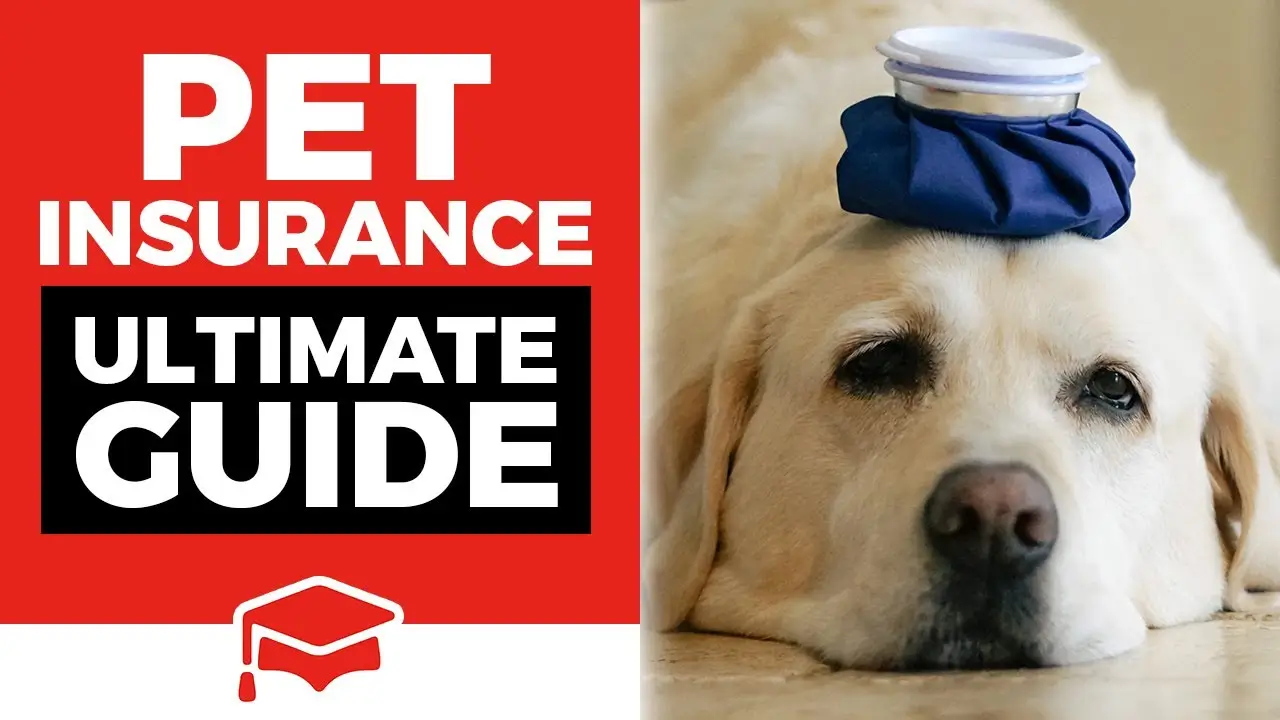The Ultimate Guide to Pet Health Insurance

Comprehensive Pet Health Insurance Coverage
Pet health insurance is a critical component for any pet owner who wants to ensure their furry friend receives the best possible care. With comprehensive pet health insurance coverage, you can protect your pet from unexpected medical expenses and provide them with the healthcare they deserve. This guide will delve into the various aspects of pet health insurance, including what it covers, how to choose the right plan, and the benefits of having insurance for your pet.
Why Comprehensive Pet Health Insurance Coverage Matters
Comprehensive pet health insurance coverage is essential because it includes a wide range of medical services. These can range from routine check-ups and vaccinations to emergency surgeries and chronic illness treatments. By having a comprehensive plan, you are safeguarding your pet against significant health issues and ensuring they receive prompt medical attention when needed.
Types of Coverage
- Accident Coverage: This covers injuries resulting from accidents, such as broken bones or swallowed objects.
- Illness Coverage: This includes coverage for illnesses such as infections, cancer, and diabetes.
- Preventive Care: Some plans cover routine care, including vaccinations, flea prevention, and dental cleanings.
- Chronic Condition Coverage: This is for long-term conditions that require ongoing treatment, like arthritis or allergies.
Benefits of Comprehensive Coverage
- Financial Protection: Reduces the financial burden of expensive veterinary bills.
- Better Health Outcomes: Ensures your pet receives timely and appropriate medical care.
- Peace of Mind: Knowing that you can provide the best care for your pet without worrying about the cost.
Choosing the Right Plan
When selecting a comprehensive pet health insurance plan, consider the following factors:
- Coverage Limits: Understand the maximum payout the insurance will cover per year or per condition.
- Deductibles: Higher deductibles typically mean lower monthly premiums but more out-of-pocket costs when you file a claim.
- Reimbursement Levels: This is the percentage of the vet bill that the insurance will reimburse you after deductibles.
- Exclusions: Check for any exclusions or limitations on the coverage.
Comprehensive Pet Health Insurance Coverage
10 FAQs About Comprehensive Pet Health Insurance Coverage
- What does comprehensive pet health insurance cover?
- It typically covers accidents, illnesses, preventive care, and chronic conditions.
- Are routine check-ups included in comprehensive coverage?
- Yes, most comprehensive plans include routine check-ups and vaccinations.
- What is not covered by pet health insurance?
- Pre-existing conditions, elective procedures, and grooming are usually not covered.
- Can I customize my pet health insurance plan?
- Many providers offer customizable plans to fit your pet’s specific needs.
- How much does comprehensive pet health insurance cost?
- Costs vary based on the pet’s age, breed, and location, but typically range from $20 to $60 per month.
- Is there a waiting period for coverage to start?
- Most plans have a waiting period for illness coverage, but accident coverage may begin immediately.
- Can I use any veterinarian with pet health insurance?
- Most pet health insurance plans allow you to use any licensed veterinarian.
- What is the reimbursement process like?
- You usually pay the vet bill upfront and then submit a claim for reimbursement.
- Are there any annual or lifetime limits on coverage?
- This depends on the plan; some have no limits, while others do.
- Why should I get comprehensive pet health insurance?
- It provides financial protection, ensures better health outcomes for your pet, and offers peace of mind.



